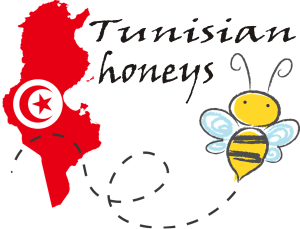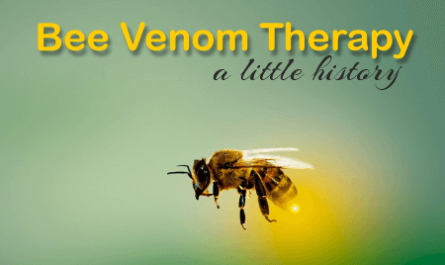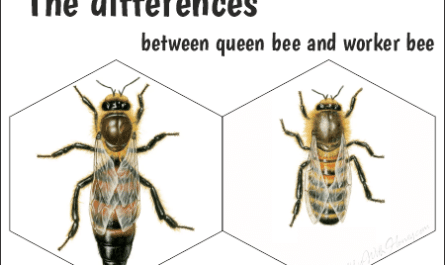The World Bee Day, aka The International Bee Day, is celebrated every year on May 20.
This day was not chosen because it is spring, when nature is reborn and the flowers are blooming. Though this could have been a very good reason.
Why is May 20 celebrating World Bee Day?
The 20th of May was chosen in honor of beekeeper Anton Janša (1734-1773); it was his birthday.
The story says that one day, the Slovenian beekeeper Bostjan Noc was driving to work, to the Slovenian Beekeeper’s Association where he is president, listening to a radio program about World Days. He realized bees didn’t have a day of their own, though this tiny insect definitely deserves one. And proposed May 20 as World Bee Day, an initiative of the Republic of Slovenia to the United Nations.
After all, every third spoonful of the world’s food relies on bees and other pollinators, everybody knows this. Besides, bees are increasingly endangered and are almost no longer able to survive without human interventions and support. That is why awareness should rise. Every year, people should be reminded of the significance of bees in providing for the needs of humanity and the entire ecosystem.
On December 20, 2017, after more than 3 years of efforts, the United Nations General Assembly in New York unanimously adopted a resolution proclaiming May 20 as World Bee Day.
This was achieved with the support of 115 countries around the world. The chosen day, May 20, is the birthday of Anton Janša (1734-1773), a Slovenian pioneer of modern beekeeping and one of the greatest experts in the field.
Who is Anton Janša?
Anton Janša was a Slovenian pioneer of modern beekeeping and one of the greatest experts in the field.
Born into a simple, peasant family in the village of Breznica in the Upper Carniola region, Slovenia today, Anton had a great talent for painting and beekeeping. He was an innovator, a man who realized the potential of blending science with folk traditions.
His family had a history of beekeeping, and his father had over 500 hives at home. This background defined Janša’s career and when Maria Theresa decided to set up the first beekeeping school in Europe, in 1769, Anton Janša became its first beekeeping instructor.
One year later he was appointed Imperial and Royal Beekeeper. His work included journeys during which he spread and promoted beekeeping in Austrian lands, gave practical lessons about new scientific findings and his own observations, and wrote professional books.
Anton used his experience as a painter to decorate the fronts of hives, which were previously bland and uninspiring. Janša would often paint scenes of anthropomorphic animals, and these have become popular tourist souvenirs in the modern age.
He wrote two important books on apiculture in German.
- A Discussion on the Swarming of Bees, his first book, was published in 1771 and translated into the Slovene language in 1906.
- A Complete Guide to Beekeeping, his second book, was published in 1775, after his death. It was translated into Slovene in 1792 and was the first Slovenian book on beekeeping.
- Following Janša’s death, Empress Maria Theresa issued a decree by which all teachers of beekeeping had to teach according to Janša’s books. Even today, these two books present a basic reading for every new beekeeper and are translated into many foreign languages. Anton Janša died on September 13, 1773, in Vienna.
“Bees are a type of fly, hardworking, created by God to provide man with all needed honey and wax. Amongst all God’s beings there are none so hard working and useful to man with so little attention needed for its keep as the bee.” (Anton Janša was saying in one of his books)
Anton Janša’s contributions to beekeeping
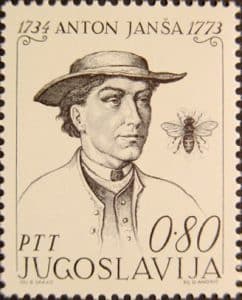
He invented a couple of handy beekeeping tools and was the first to discover the role and importance of drones in the hive. He rejected the belief that the male bees are water carriers and assumed that the queen-bee is fertilized mid-air by drones. All these were eventually confirmed by science.
He also introduced the authentic Slovenian bee, Apis Melifera carnica, to the rest of the world.
Beekeeping in Slovenia
Slovenia is one European country with heavy tradition in beekeeping. The nation’s unofficial motto is “Land of the Good Beekeepers“.
A nation of beekeepers, we could say, that became the first EU Member State that provided legal protection to bees.
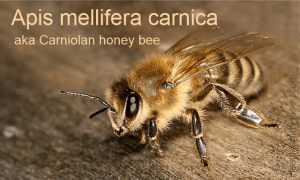
Even more, In Slovenia, beekeeping is allowed only with the Carniolan bee. It’s a bee famous for being a hard-working, humble, resistant insect, with an excellent sense of orientation.
There are five beekeepers per 1,000 inhabitants here, thus, Slovenia ranks at the very top of the EU Member States in terms of the number of beekeepers per capita.
Honey is highly appreciated, as they consume about a kilogram per capita per year. Slovenians prefer buying it directly from beekeepers, and more than 80 % of their production is sold directly from home.
They also promote apitherapy in any form, including sleeping above the bee hive. You can find details here: Sleeping above beehives – another way of treating ourselves with bees’ help.
References and Picture credits:
https://visitzirovnica.si/en/anton-jansas-birthday-world-bee-day/
The Father of European Beekeeping – the Apiculture of Anton Jansa
https://www.nationaldaycalendar.com/international/world-bee-day-may-20#:~:text=World%20Bee%20Day%20is%20celebrated,other%20pollinators%20for%20the%20ecosystem.

